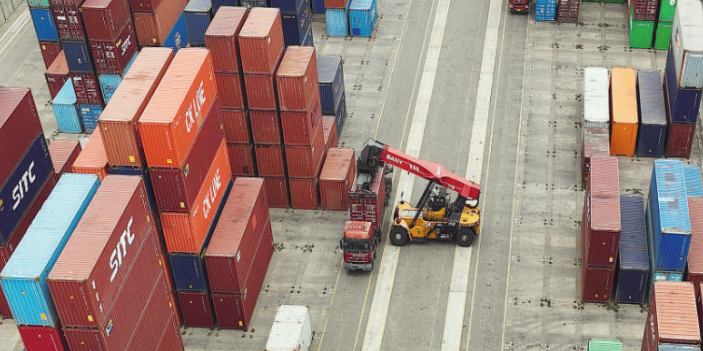Exports shipments to the Middle East are often affected by factors such as strict customs clearance, port congestion, and geopolitical policies. To handle delays, freight forwarders should focus on "rapid response, targeted solutions, and minimizing losses." The core process is as follows:
First, urgently identify the root cause of the delay. Immediately pinpoint the problematic link: if it’s a space issue, check whether it's due to carrier rollover or flight cancellations; if it's stuck in customs clearance, it's often due to document discrepancies or customs inspections; if it's during transit, it could be due to congestion at ports like Dubai's Jebel Ali Port or Saudi's Jeddah Port, or unresolved inland transport permits.
Next, notify the shipper within 24 hours, clearly stating the delay facts, responsible party, expected duration, and preliminary plans to avoid disputes arising from information gaps. For example, inform them that "the goods are detained at Jeddah Port due to unlinked SABER certification, which can be completed within three days, and the local customs broker has been contacted."
The key is to implement targeted solutions: for customs delays, assist the shipper in completing the required documents or apply for temporary guarantee clearance; for carrier rollovers, coordinate with alternate vessels/flights or upgrade shipping from sea to air if urgent; for port congestion, consider rerouting to nearby ports followed by land transport, ensuring GCC cross-border transport permits are secured in advance.
Simultaneously, the freight forwarder should help mitigate losses by negotiating with responsible parties to reduce demurrage charges, providing delay certificates to assist shippers with insurance claims, and sharing Middle East logistics updates to help shippers explain the situation to their customers.
Finally, the freight forwarder must track progress until the goods are delivered and advise shippers to verify certifications in advance, book early during peak seasons, and partner with agents who have local Middle East expertise to minimize the risk of delays at the source.

Overall, the core of handling delays in Middle East shipments lies in "localized resources + transparent communication," addressing immediate issues while preventing future risks.
Ontask Express focuses on the Saudi special line, providing customers with efficient and reliable Saudi cargo, with a focus on the Middle East region. With overseas warehouses in Jeddah and Riyadh, along with a self-managed Chinese delivery team, we empower Chinese products to go global and benefit all humanity!


